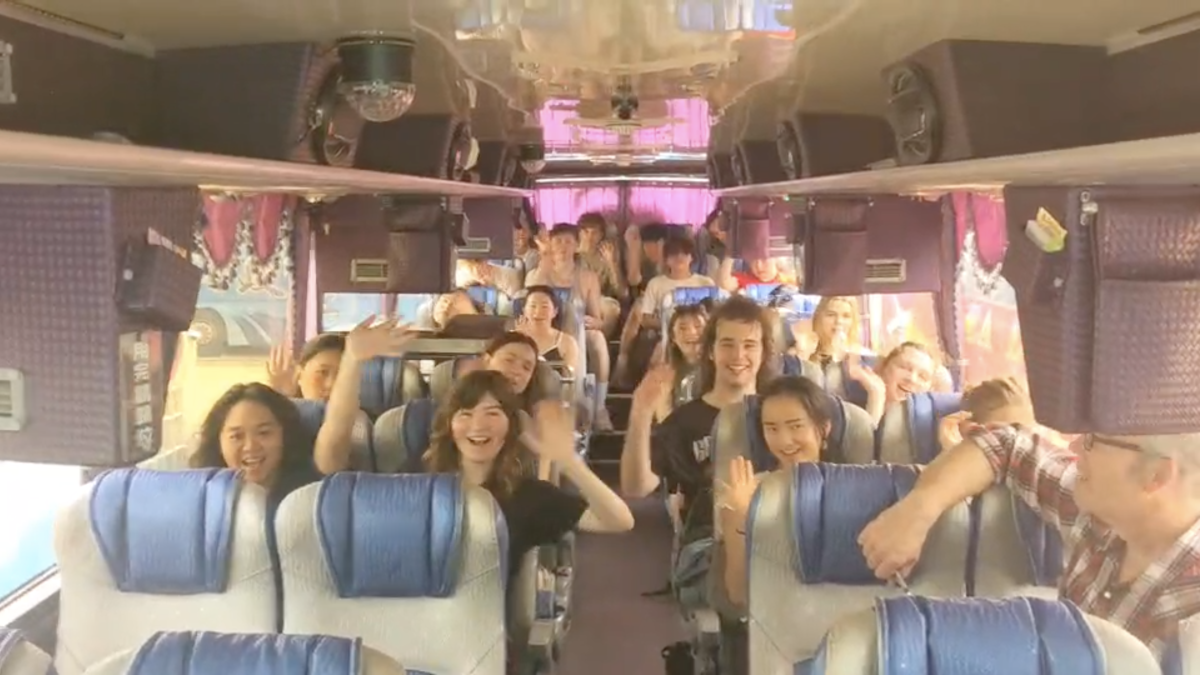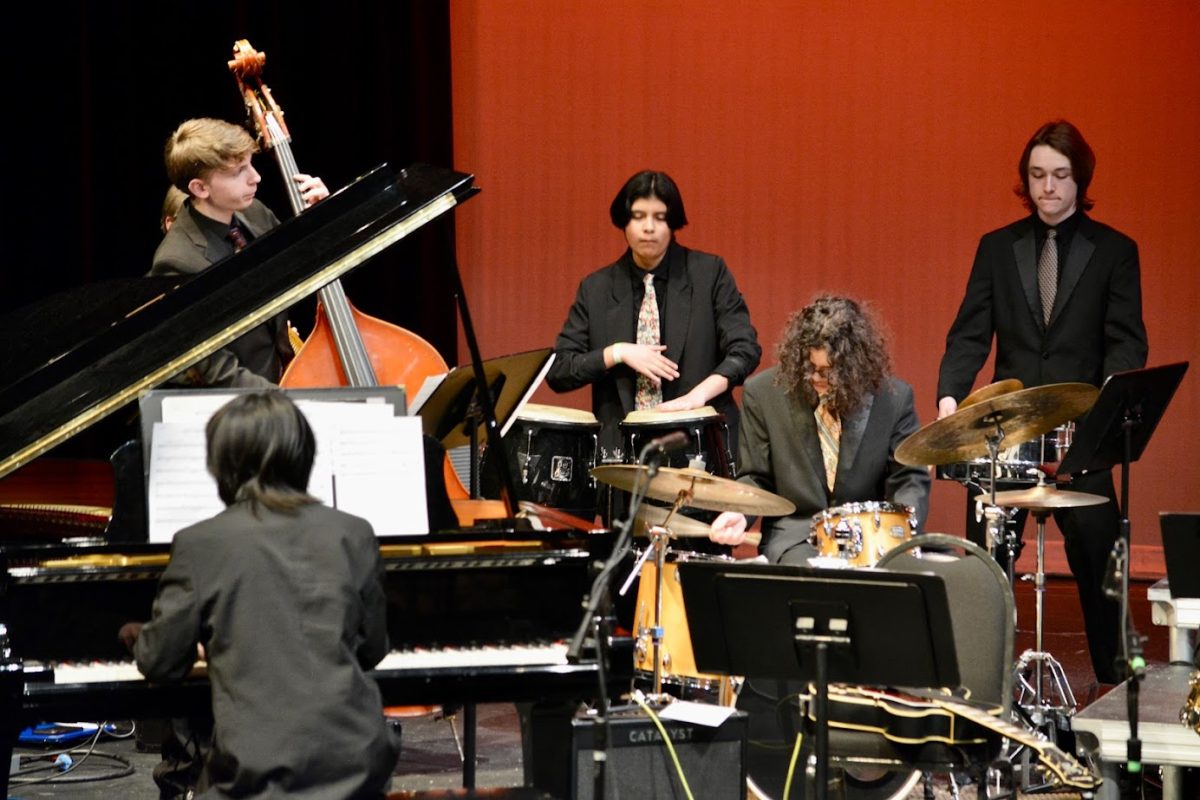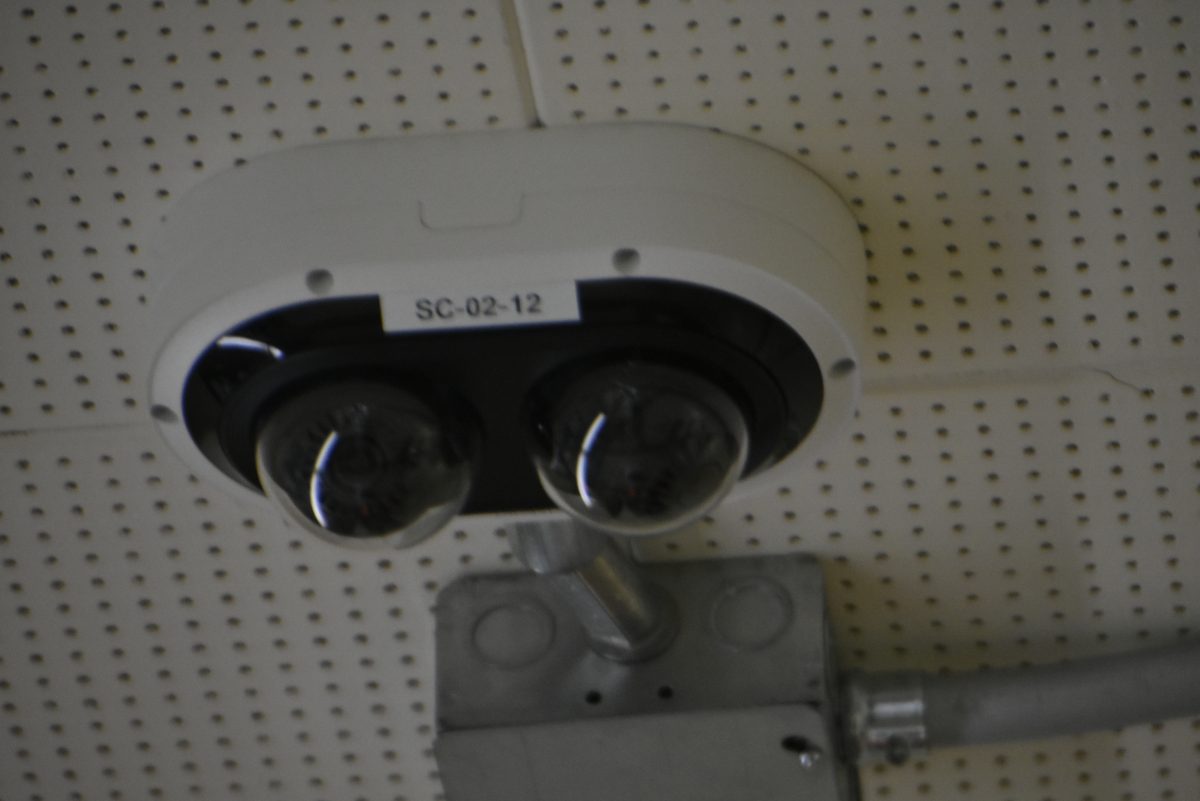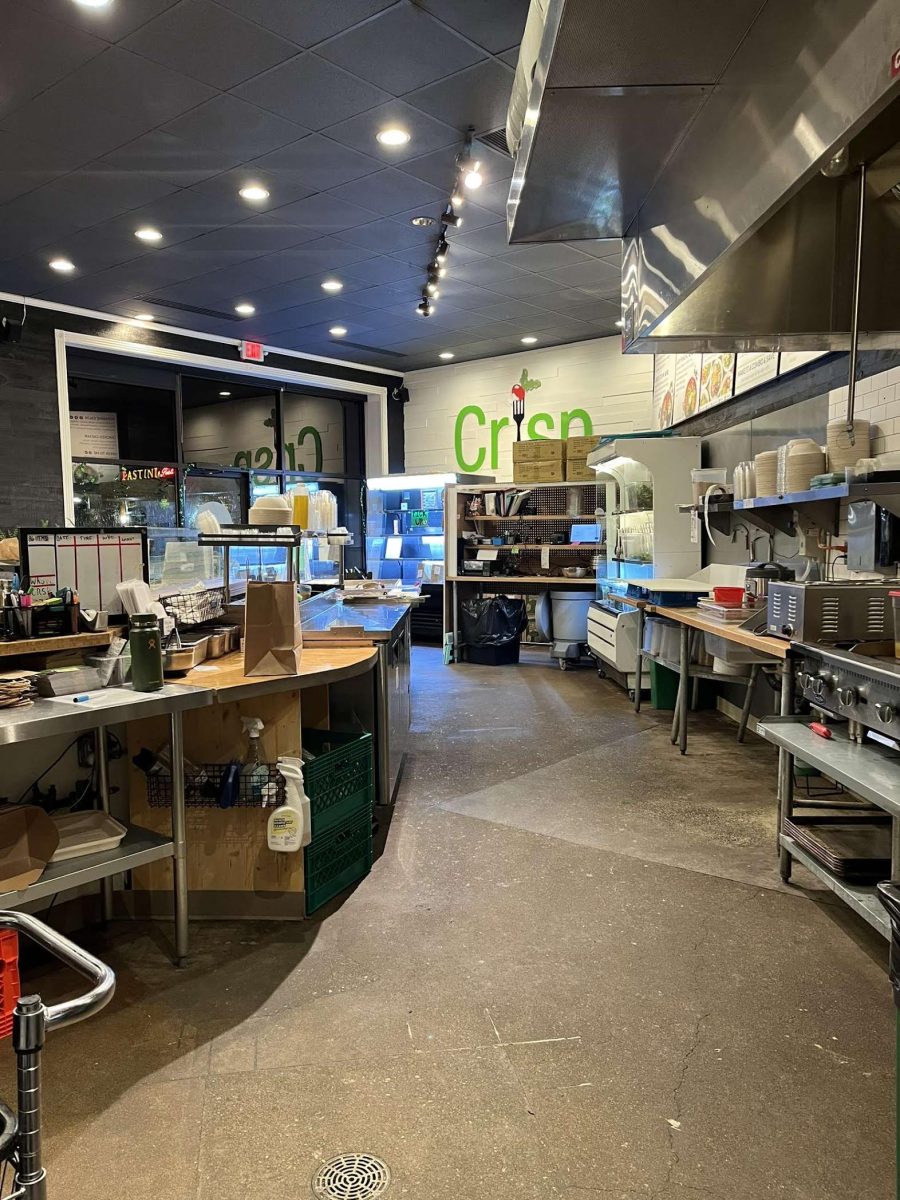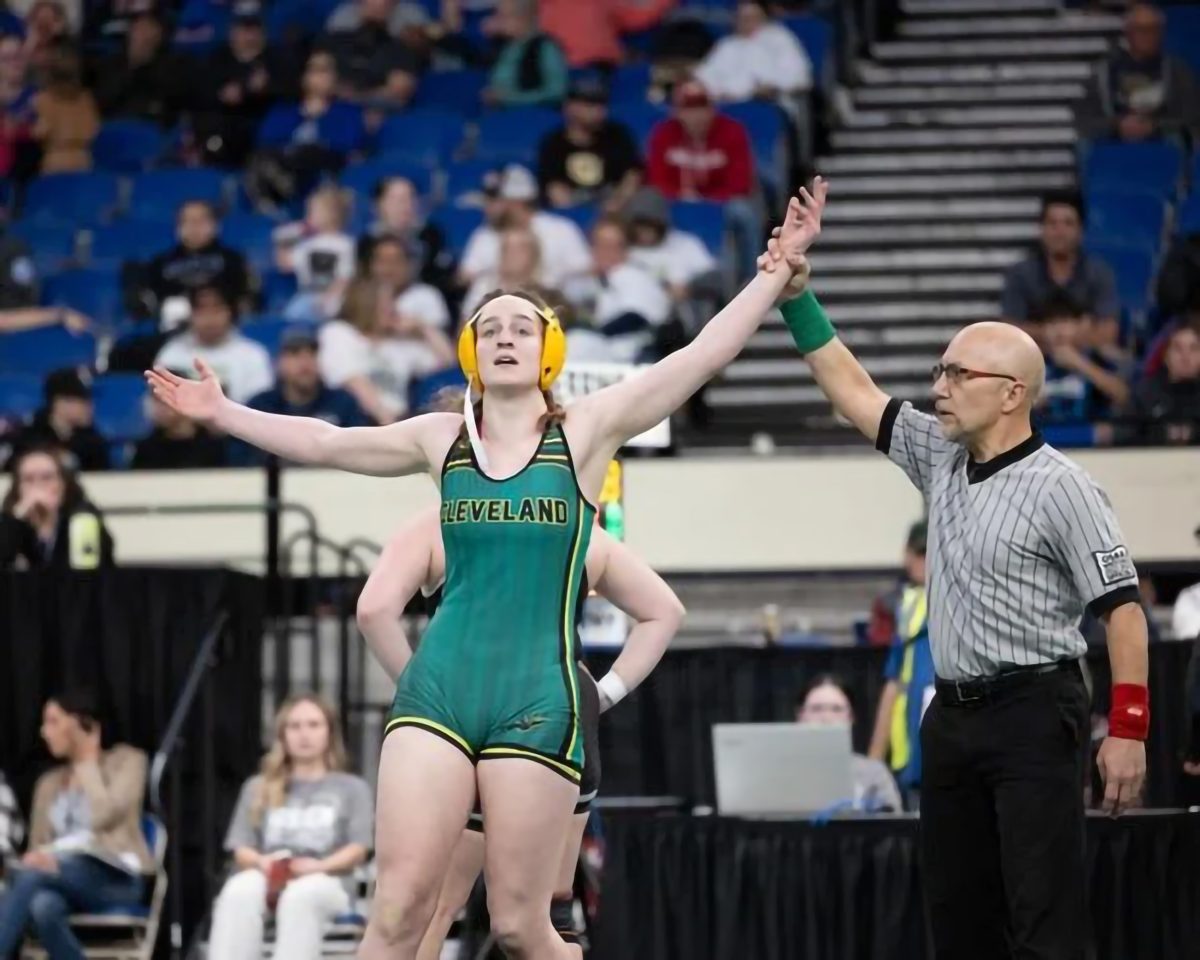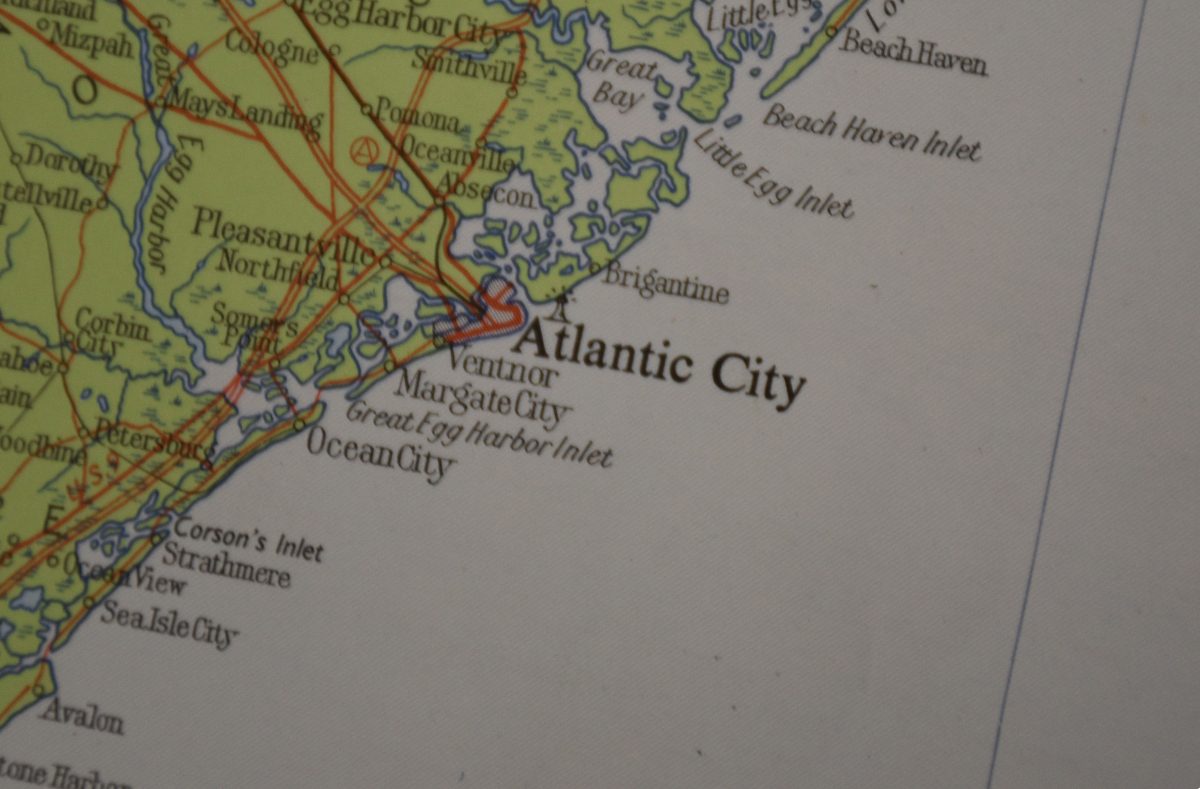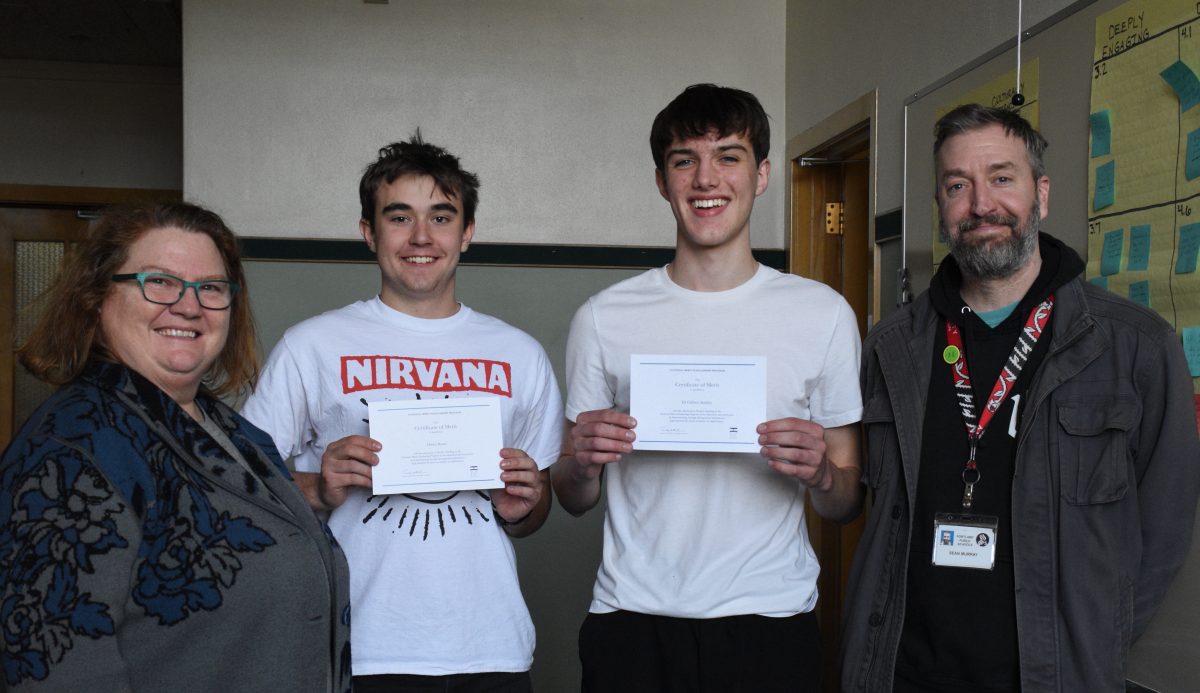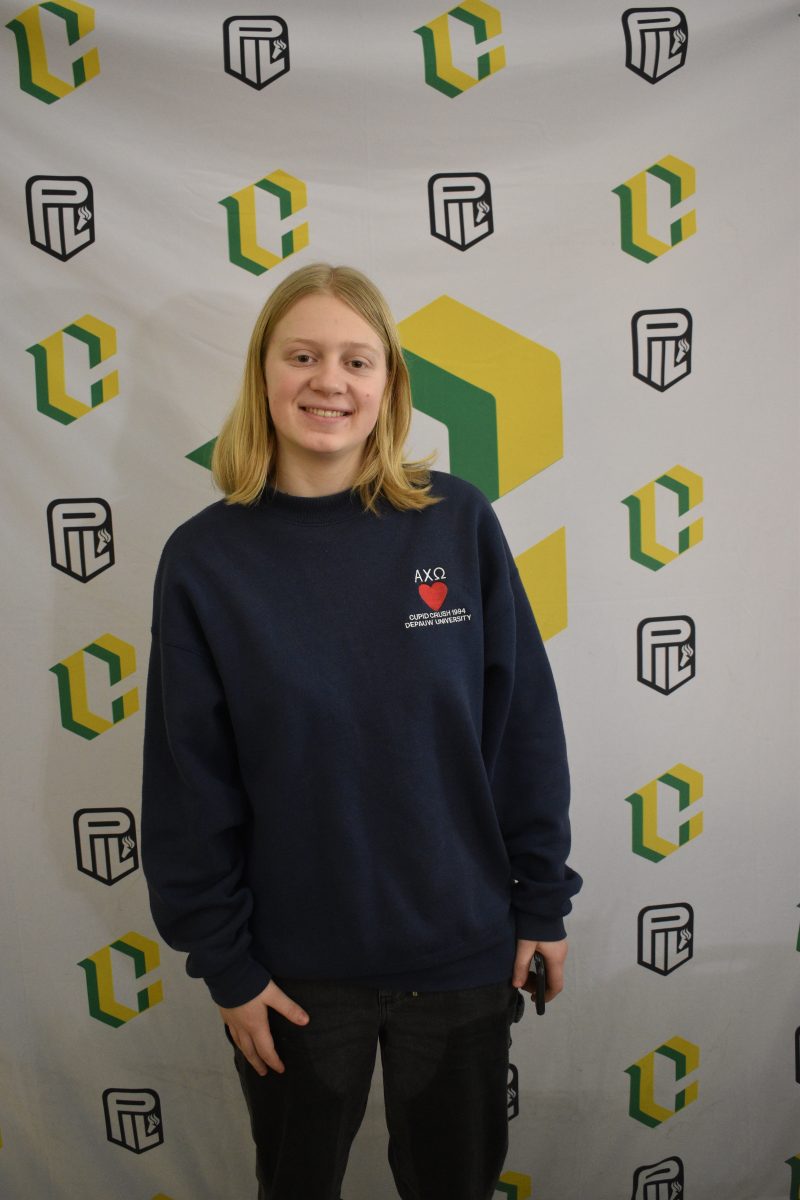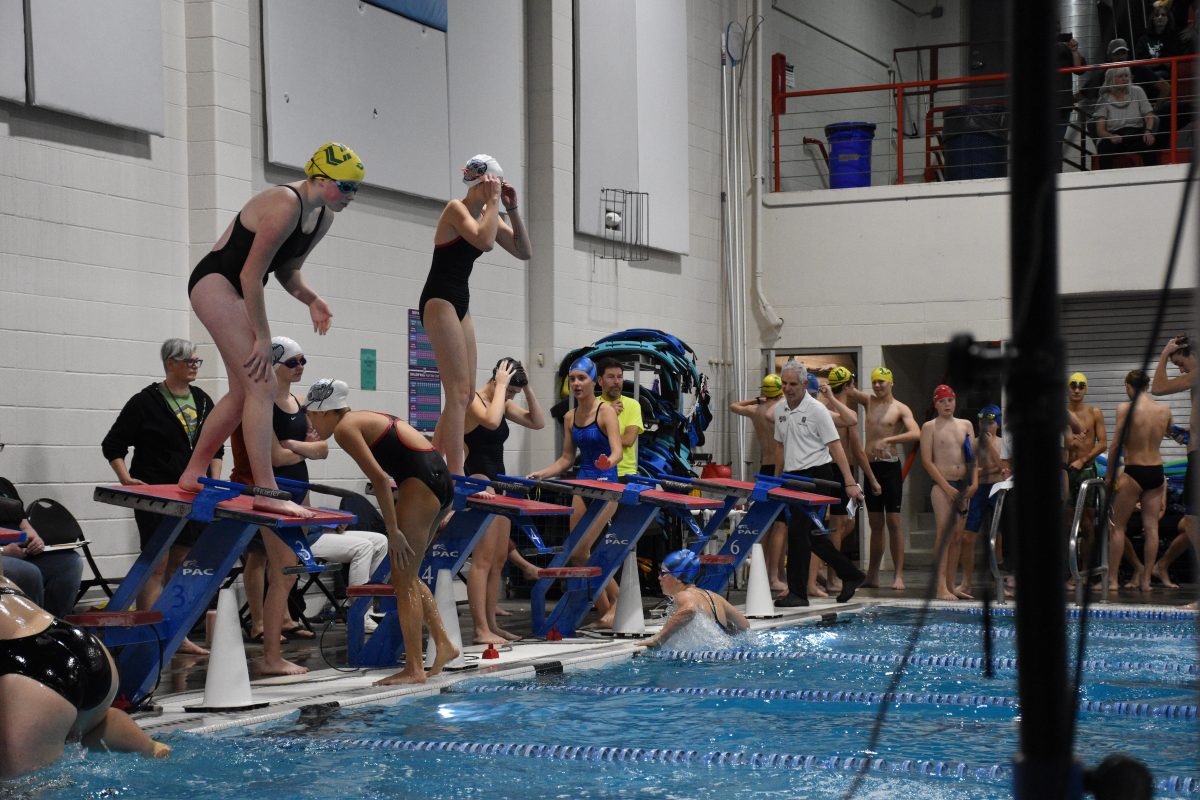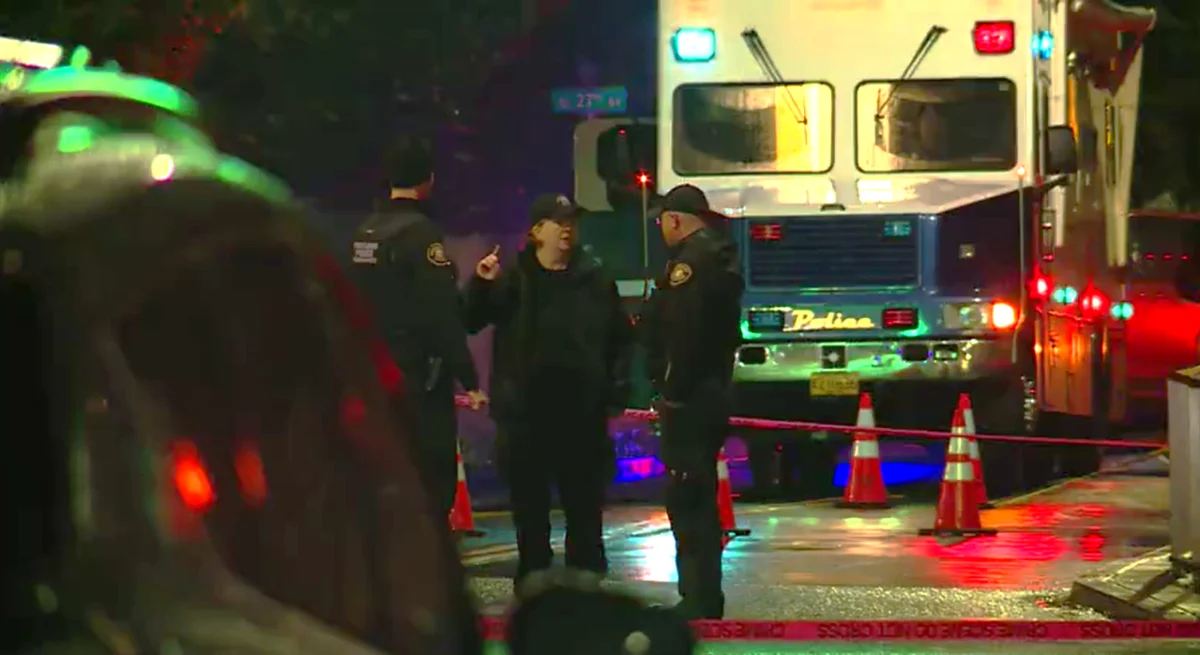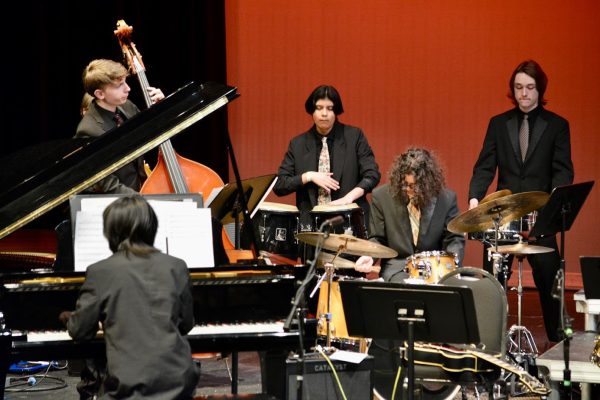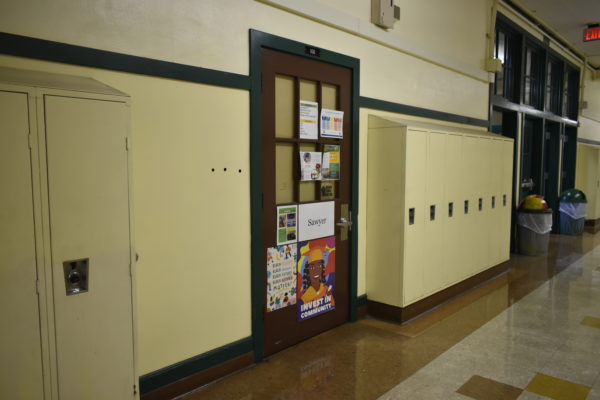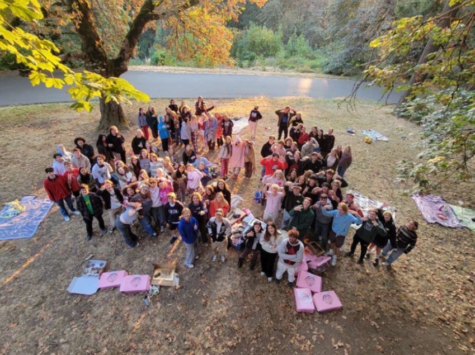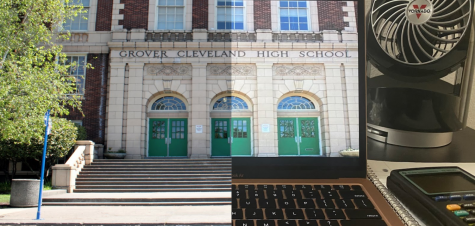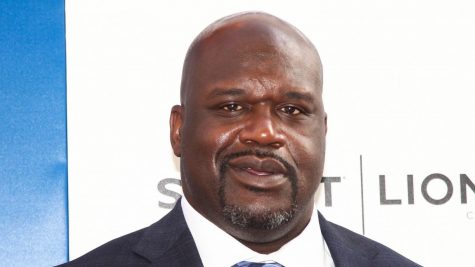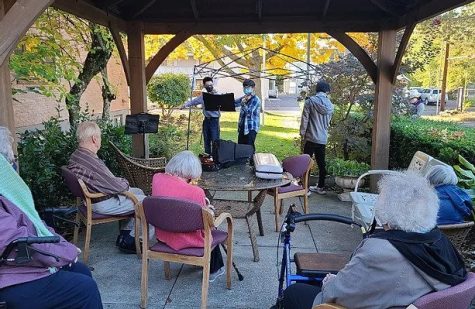English language learners compete in speech and debate
November 17, 2015
Imagine your first Speech and Debate tournament for Cleveland. You’re in a room, surrounded by judges and peers. Hands shaking, you stand up and begin reading a story that you’ve carefully selected. Your tongue twists around unfamiliar words, and you realize how nervous you actually are. And then you remember, English isn’t even your first language, but here you are, competing in it. This is the tournament life in Cleveland’s LIBELL program.
Patrick “Gonzo” Gonzales’ father immigrated from Mexico, and although he spoke some English, he still experienced the struggles of being in a new country and having a language barrier. Because of his family ties, Gonzo has a unique perspective on ELL students. Six years ago, while Gonzo worked at Madison, he and his students brainstormed an ELL Speech and Debate category. “[Gonzo] created the ELL program to honor all the people that are maybe immigrants or were just born speaking a different language,” senior Maddi Parvankin explained, a Speech and Debate member. After a year and a half, the state approved the Literary Interpretation for Beginning English Language Learners LIBELL program.
When Gonzo was hired at Cleveland, in 2009, the Speech and Debate team began to grow and win. LIBELL has always been a small population of students, with eight at Cleveland now and 14 overall in Oregon. Previously, only one student competed for Cleveland, but after their graduation, the LIBELL team was in need of new members. Advanced Speech and Debate members began to recruit in Stefani Goldbloom’s ELL class. Soon, LIBELL was flourishing with students and trophies.
Last year, Gonzo was invited to an ELL outreach training downtown and Hannah Dressa, a Speech and Debate member, volunteered to accompany him. There were 30 students at the training. Gonzo and Dressa had one mission: to inform the ELL students that there were trophies waiting for them, if they competed.
“I kind of had this epiphany: there are entire communities of students who really want to compete but have no idea how to. I just feel like we as a community at Cleveland, sometimes tend to overlook these groups that are underrepresented. There needs to be, in my opinion, more outreach, because in my experience people are willing to be involved,” said Dressa. Since this training, Dressa has become the official LIBELL coach and recruiter.
Every Wednesday, Dressa and her eight dedicated LIBELL members, Blair Hwen, Htoo Rah Wah, Paw Ke Lar, Pu Tha Kue, Roselin Eh, Say Wah Pah, You Ta, and Yua Mu practice for upcoming tournaments. LIBELL practices and masters various legends and myths that Dressa selects based upon each individual’s reading and English levels. Constructive criticism is key to build members’ confidence at tournaments and perfect their stories. “We have to read a story, act it out, and tell what the moral of the story is,” Roselin Eh, a LIBELL member explained.
Dressa compares Speech and Debate to Track: a sport with many different events. She believes that competing in LIBELL is the most difficult event though. “Naturally if you come from a country where being quiet and modest is looked upon fondly and you’re here where your speech coach is telling you to scream at the top of your lungs, you’re going to have some difficulties,” Dressa said, while explaining LIBELL’s obstacles. However, even with these struggles, Cleveland still sweeps the competitions. Last year, Roselin Eh placed at state and You Ta placed second at the University of Oregon tournament.
While LIBELL continues to gain points for Cleveland’s Speech and Debate team, it also helps ELL students gain confidence and improve their English skills. Through dedication and hardwork, LIBELL members push through language barriers and become influential public speakers.




